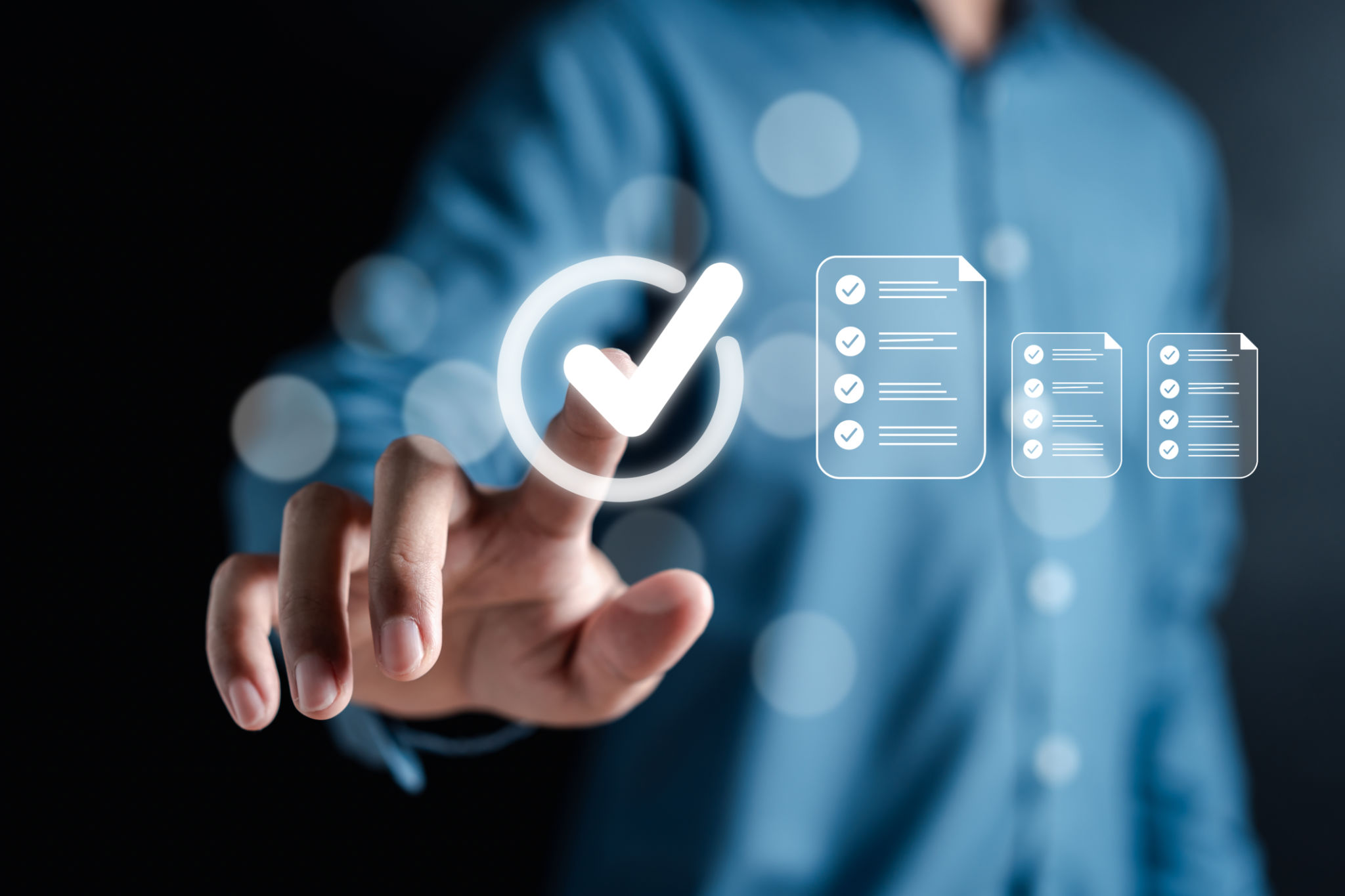Navigating Brazil's Trade Regulations: A How-To Guide for Importers
Understanding Brazil's Trade Regulations
Brazil, as the largest economy in South America, offers a wealth of opportunities for importers. However, navigating its trade regulations can be a complex task. Understanding the basic framework is essential for any business considering entry into this vibrant market. Brazil's trade policies are designed to protect national industries while fostering economic growth.

Key Regulatory Bodies
Several organizations oversee trade regulations in Brazil. The Ministry of Economy plays a pivotal role, setting economic policies and frameworks. The Brazilian Federal Revenue Service (Receita Federal) is responsible for customs procedures and tax regulations. Additionally, the National Institute of Metrology, Quality, and Technology (INMETRO) handles standards and certifications.
Import Licensing Requirements
Importers must be aware of the specific licensing requirements before bringing goods into Brazil. The process typically involves obtaining an Import License (LI), which is required for certain products. This can be done through the Integrated Foreign Trade System (SISCOMEX), which streamlines import and export procedures.
Customs Procedures and Documentation
Customs clearance is a critical step in the import process. Importers must submit several documents, including the Commercial Invoice, Bill of Lading, and Certificate of Origin. Ensuring that all paperwork is accurate and complete can prevent delays and additional costs.

Understanding Tariffs and Taxes
Brazil imposes various tariffs and taxes on imported goods. The Import Duty (II) is calculated based on the product's CIF value. Other taxes include the Industrialized Products Tax (IPI), Merchandise and Services Circulation Tax (ICMS), and PIS/Cofins. It's vital for importers to accurately calculate these costs to determine the total landed cost of goods.
Compliance with Product Standards
Products entering Brazil must comply with national standards and regulations. INMETRO certification is often required for electrical goods, toys, medical devices, and more. This ensures that products meet safety and quality standards, protecting consumers and maintaining market integrity.

Navigating Trade Barriers
Brazil has certain trade barriers that importers need to be aware of. These can include tariffs, import quotas, and technical regulations that might affect market entry strategies. Understanding these barriers can help in planning more effective market entry strategies.
Strategies for Successful Market Entry
To efficiently navigate Brazil's trade regulations, importers should consider partnering with local experts or consultants who understand the intricacies of the system. Leveraging local knowledge can help businesses avoid common pitfalls and streamline their operations.
Additionally, staying informed about policy changes is crucial. Subscribing to updates from relevant government agencies or trade associations can provide ongoing insights into regulatory shifts that may impact business operations.

Conclusion
Navigating Brazil's trade regulations requires diligence, strategic planning, and a thorough understanding of the regulatory landscape. By following these guidelines, importers can successfully enter the Brazilian market, tapping into its vast potential while minimizing risks associated with compliance issues.
